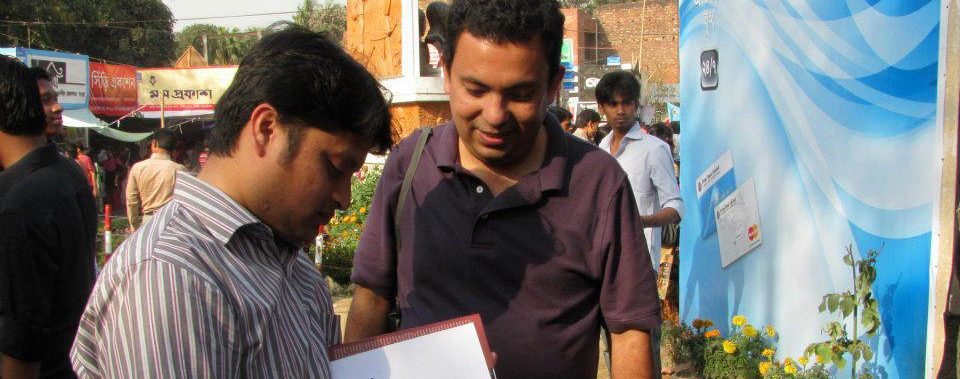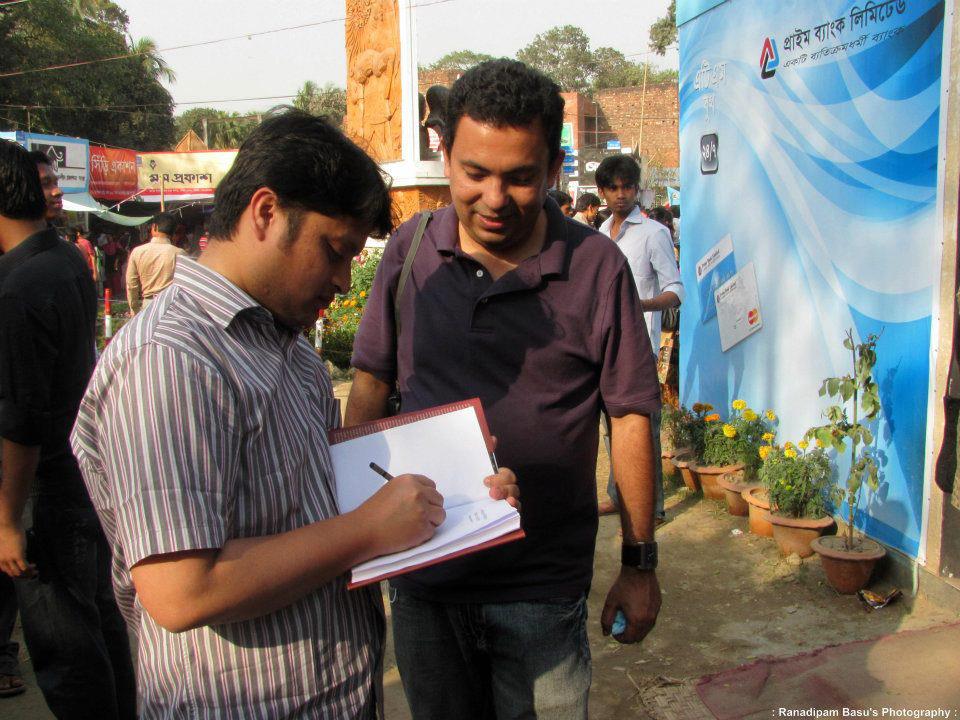
If humanism is “blasphemy” then anti-blasphemy laws must go!
Humanists International reminds the Human Rights Council that 'blasphemy' and 'apostasy' laws violate the human rights of both religious and non-religious minorities.

Humanists International reminds the Human Rights Council that 'blasphemy' and 'apostasy' laws violate the human rights of both religious and non-religious minorities.
Humanists International has reminded members of the United Nations Human Rights Council that laws against ‘blasphemy’ and ‘apostasy’ only serve to undermine the freedom of thought and expression.
In the intervention this morning in Geneva, Humanists International explained that “the expression of humanist values and our commitment to the cultivation of ethical and creative living, to the transformative power of art, science, anti-dogma and free inquiry, and the belief that morality is an intrinsic part of human nature needing no external sanction, is by definition in the law of some states inherently blasphemous (and often by extension terrorist or extremist).” This is one reason why ‘blasphemy’ laws necessarily violate the human rights of humanists as well as other non-religious or religious persons.
The comments delivered by Humanists International’s Director of Advocacy, Dr Elizabeth O’Casey, were made in response to the Report of the Special Rapporteur on freedom of religion or belief. The report by Dr Ahmed Shaheed draws attention to the supposed “competitive relationship” between freedom of expression and freedom of religion or belief, and explains that in fact they are “two closely inter-related and mutually reinforcing rights”, violations of one frequently implying violations of the other. “Thus, rather than viewing these two rights as competing, they must be viewed as mutually reinforcing; existing within a framework of human rights that are universal, inalienable, indivisible, interdependent and inter-related.”
Rehearsing the argument that “restrictions on expression pose an inherent threat to the exercise of the right to freedom of religion or belief for all, since such limits regularly target minority religions or beliefs”, Shaheed notes that this threat to minority rights “includes the beliefs of atheists and humanists that by their very definition constitute blasphemy for various faith groups.”

Ananta Bijoy Das (left) and Avijit Roy (right) – both murdered in 2015 in separate machete attacks targeting humanist, atheist or secularist activists, writers and publishers
Dr Shaheed also gives examples of emblematic cases in which restrictions on free expression about religion or belief have had a terrible human cost. He profiles Ahmadiya Muslims, and the cases of two Christians: Asia Bibi from Pakistan and Basuki Tjahaja Purnama from China, as well as two people apparently targeted for apparent criticism of aspects of religion. These cases are that of Mohammed Mkhaitir from Mauritania, who was accused of ‘blasphemy’ and ‘apostasy’ for an article critical of slavery, a case on which Humanists International has regularly campaigned for greater recognition and for Mkhaitir’s release; and that of author Avijit Roy who was killed by extremists in 2015, one of several ‘atheist blogger’ murders in Bangladesh committed that year alone.
The report further outlines that laws against ‘apostasy’ (leaving or changing religion) necessarily contravene international human rights law: “Not only do these laws undermine intellectual and artistic freedom essential for a vibrant society, but they can also impair the communicative freedom essential for the exercise of rights related to freedom of religion or belief. Moreover, they can also eliminate the space for due process rights essential for the rule of law and for the political discourse necessary for a functioning democracy.”
Humanists International has consistently opposed all forms of ‘blasphemy’ and ‘apostasy’ laws and is a founding partner in the End Blasphemy Laws campaign.
The statement by Humanists International’s Director of Advocacy, Elizabeth O’Casey, follows in full below.
UN Human Rights Council, 40th Session (25th February – 22nd March 2019)
Interactive Dialogue with the Special Rapporteur on Freedom of Religion or Belief
Elizabeth O’CaseyWe would like to thank Dr Shaheed for his excellent report, and for his clear and eloquent confirmation that anti-blasphemy and -apostasy laws can never be justified under the international human rights framework.
It is an important issue for us, because for many of our members across the world the very manifestation of their fundamental right to FoRB is construed as blasphemous.
Indeed, the expression of humanist values and our commitment to the cultivation of ethical and creative living, to the transformative power of art, science, anti-dogma and free inquiry, and the belief that morality is an intrinsic part of human nature needing no external sanction, is by definition in the law of some states inherently blasphemous (and often by extension terrorist or extremist).
Of course, this is not unique to humanists and atheists; as Dr Shaheed observes, minority beliefs which per se may challenge the convictions of majority religious communities by way of their very existence are regularly targeted.
There is an urgent need to combat hate, discrimination and intolerance on the grounds of belief. But blasphemy laws are counterproductive in this quest; they fail to protect those with minority beliefs and actually most often make those minorities a target of hate. If we are to genuinely counter intolerance, we must protect the rights of all individuals whatever their belief. We must fulfil our ethical duty to counter offensive expression through dialogue, counter speech, education, and public debate.
The right to free thought, religion, conscience and expression together protect personal choices and personal convictions; they are central to respecting who we are now as individuals and who we may become.
Dr Shaheed highlighted the importance of a victim-based approach when addressing these issues, an approach we wholeheartedly support. I will end my intervention by remembering just a few of those victims in jail today, on charges of blasphemy: Mohamed Mkheitir, Soheil Arabi, Ashraf Fayadh, Raif Badawi, Ahmad Al Shamri, and Assad Noor.